Game-Based Learning: Boosting Learning Motivation Through Gaming
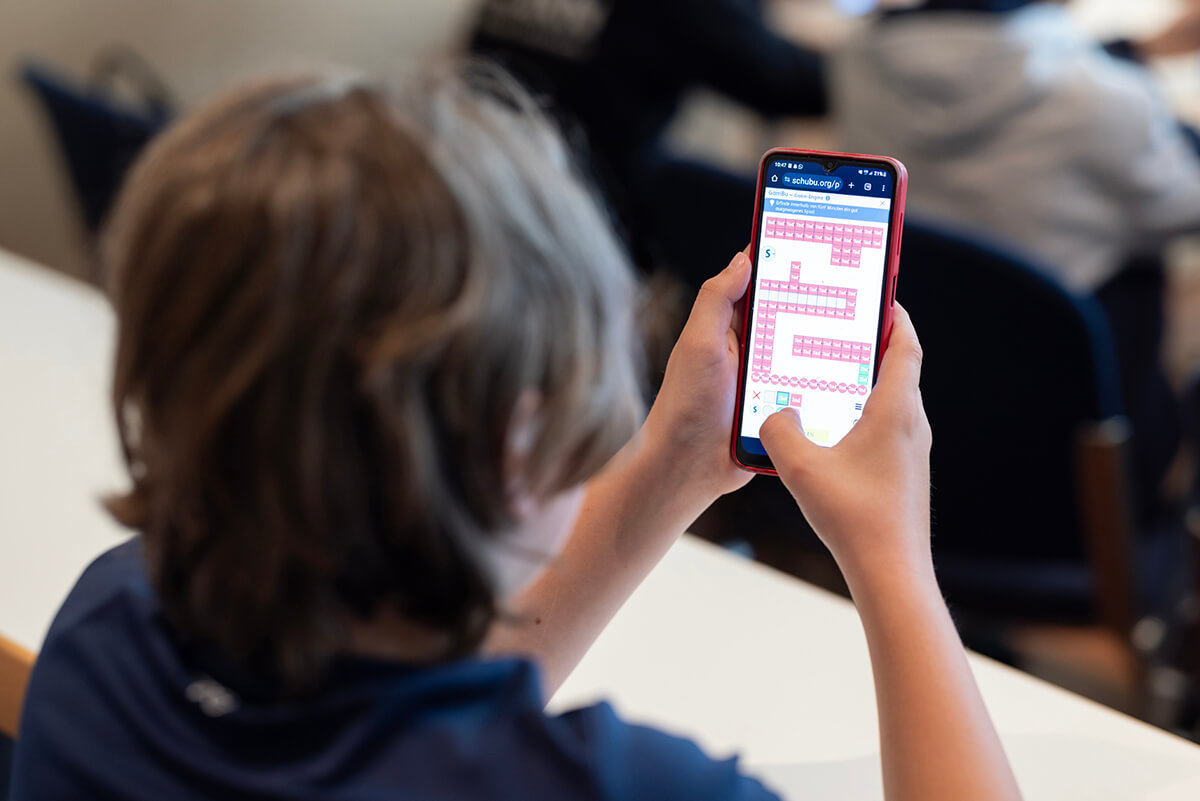
It’s increasingly clear that digital games on our screens—big and small—are here to stay. What’s particularly exciting is that they can bring significant value to experiential learning—especially when players tackle challenges autonomously and with enthusiasm. However, the scientific measurability of this impact is questioned. But is it really necessary? We examined this in detail with two experts.
Game-Based Learning for the Classroom
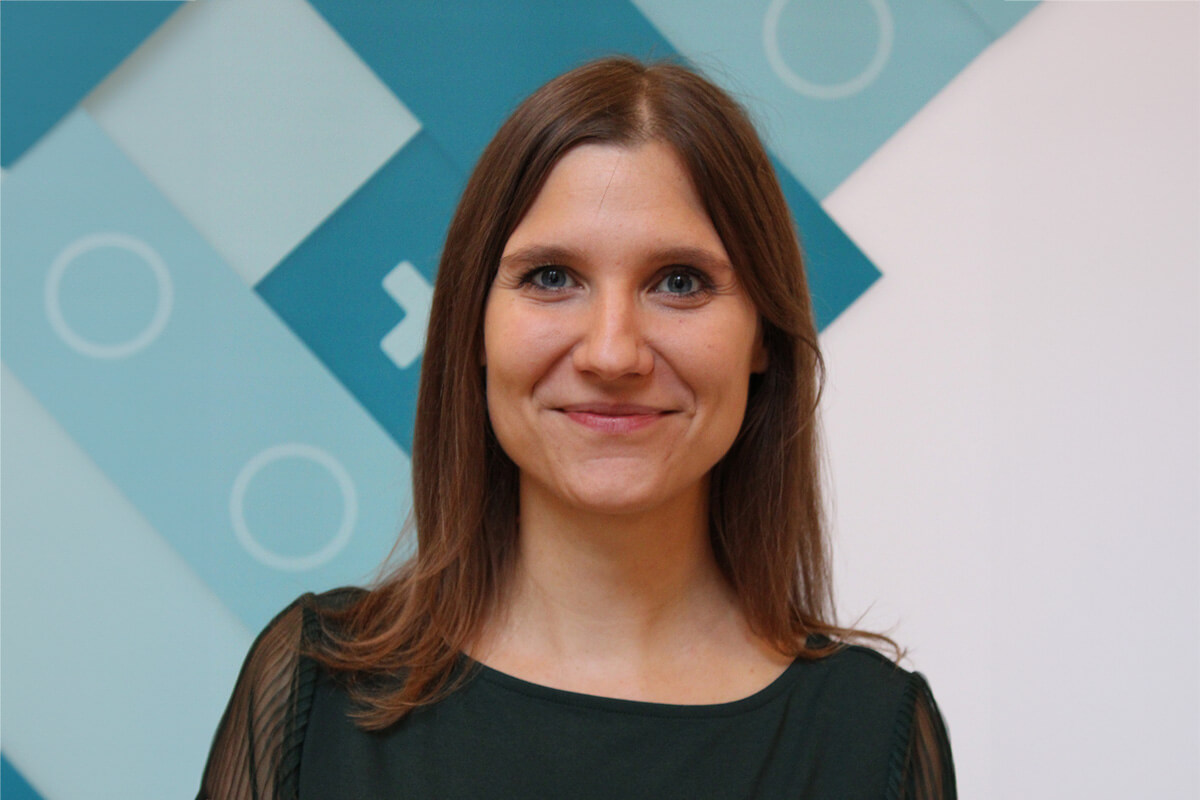
“Game-Based Learning” refers to the use of digital or analog games for educational purposes in the classroom or learning programs. There is considerable potential in games that weren’t explicitly designed for learning but still captivate students. This is particularly interesting for school education: “Game-based learning can be applied through various approaches in any subject and age group. One approach is to create experiential learning through project- and process-oriented methods,” says Natalie Denk, Director of the Center for Applied Game Research at the University of Krems.
Ideally, students independently work through the material and contribute their skills. Educators then take on entirely new roles, such as mentors. “I also recommend having students develop their own game concepts with game mechanics around a specific topic. The only rule is that it can’t be a quiz, as they might otherwise think too one-dimensionally.” The goal is not necessarily a perfect result—but rather the learning process itself.
Practical Use in Professional Development
In general, playful learning enhances the motivation to learn. Companies also take advantage of this. For example, with Mediasquad’s (MSQ) applications—a studio from Austria specializing in training apps based on Virtual Reality and Mixed Reality—the focus is on learning content enhanced with gamification elements to boost motivation. “We often use a reward system that encourages users to explore the app’s content more thoroughly. Or we use a timer to spark competitive spirit,” says Ingrid Frank, 3D Artist at MSQ.

This approach even led to one of the developed apps, designed for onboarding employees, being used by staff at a local company during breaks to beat their colleagues’ best times. “With gamification elements, we can guide users through the learning content while also drawing them out of their shell.” While games can boost learning motivation, they may not always be suitable for pure knowledge transfer.
Not Yet Scientifically Proven as a Learning Method
Here lies the drawback: scientific measurability. The challenge is that the profound, often long-term learning processes stimulated by game-based learning are difficult to capture with conventional measurement tools. To scientifically validate it as an effective learning method, new evaluation approaches are needed that account for the complexity and individual differences of this approach. Natalie adds: “Generally, I think it’s more about the long-term success of motivating learning than about short-term measurability.”
Ingrid agrees. For her, game-based learning is primarily an enhancement and diversification of traditional teaching or training programs. “Short, playful segments that ideally show realistic applications of the curriculum help significantly in understanding learning content better and increase attention. The main focus of gamification is the enjoyment of learning.” With these strong voices from practice and science, it’s clear that the benefits of using game-based learning outweigh the challenges. Especially when this interactive and motivating learning environment stimulates active participation, creative thinking, and sustained learning motivation. Although traditional measurement methods struggle to capture the full scope of learning success, the question remains whether our current understanding of learning success might be too one-sided to fully grasp students’ true progress.
More articles
The following articles might also interest you.
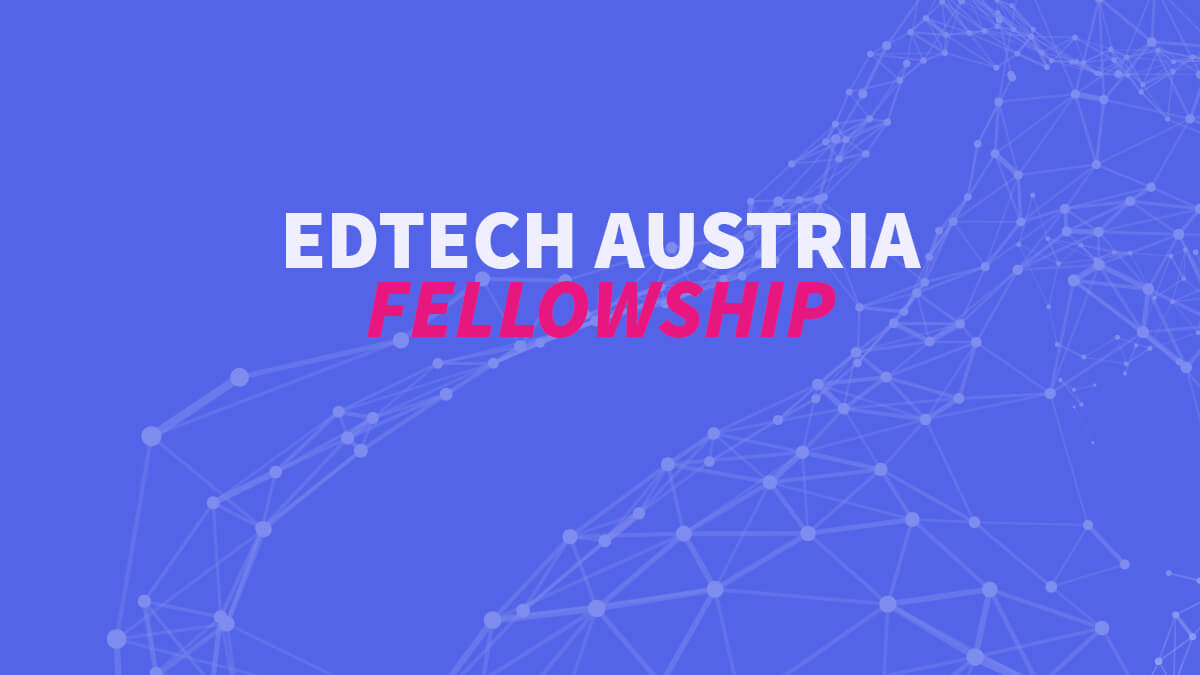
EdTech Austria Fellowship
24. October 2024
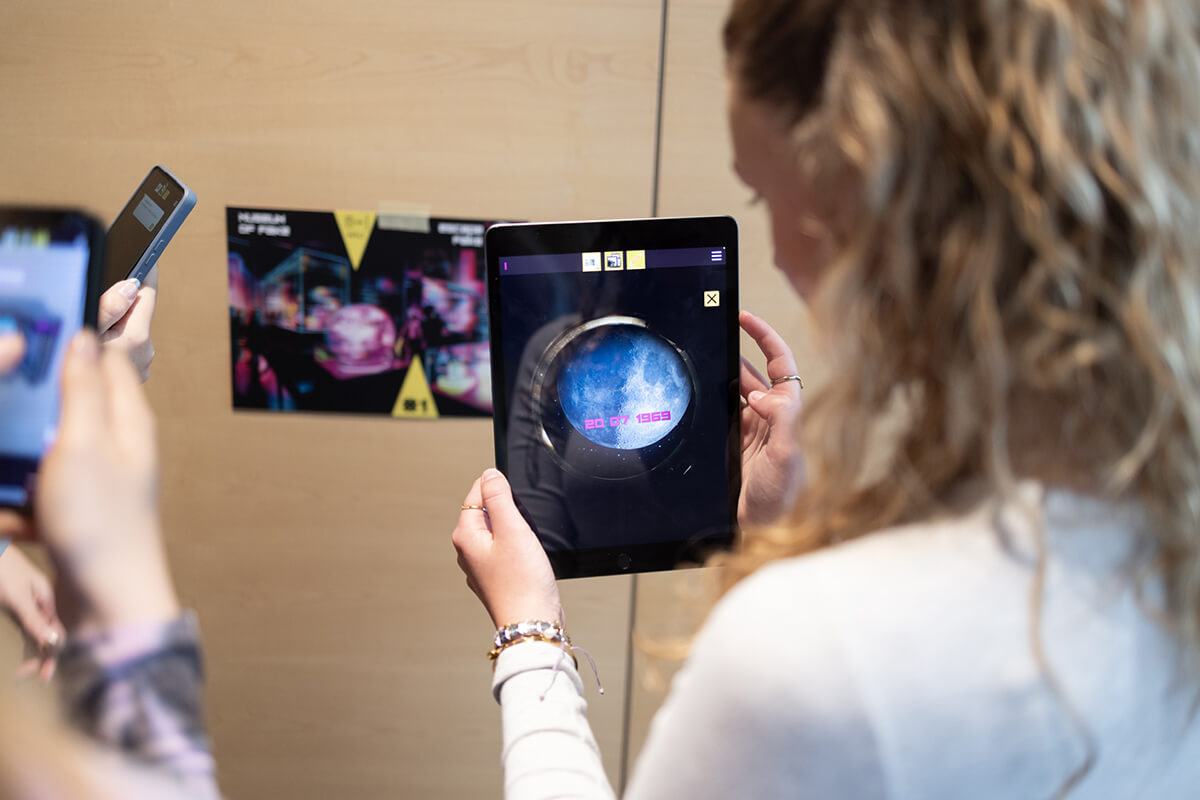
AR, VR and XR: Shaping Learning through Virtual Worlds
30. June 2025
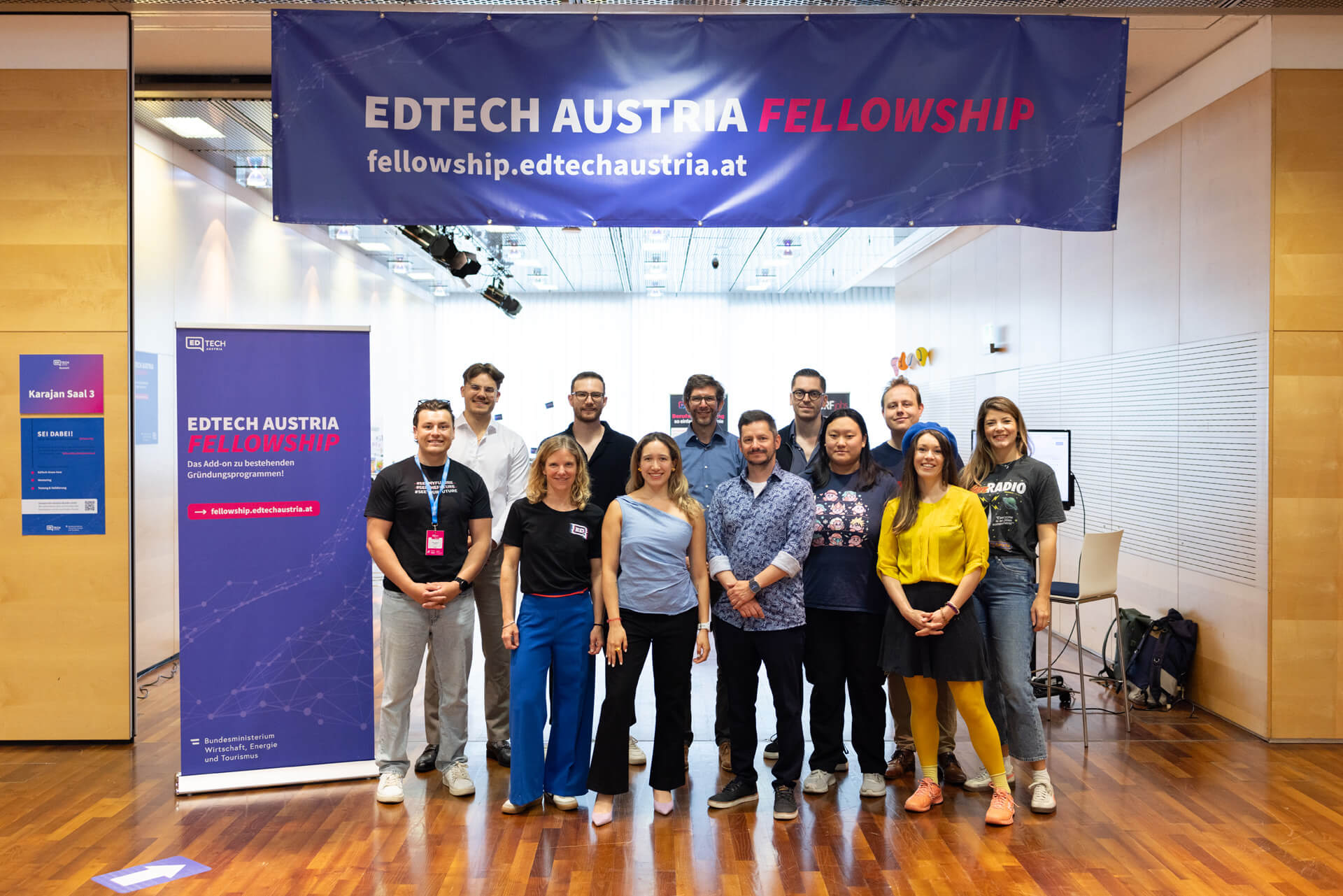
EdTech for all, all for EdTech – shaping the world of education together
18. June 2025
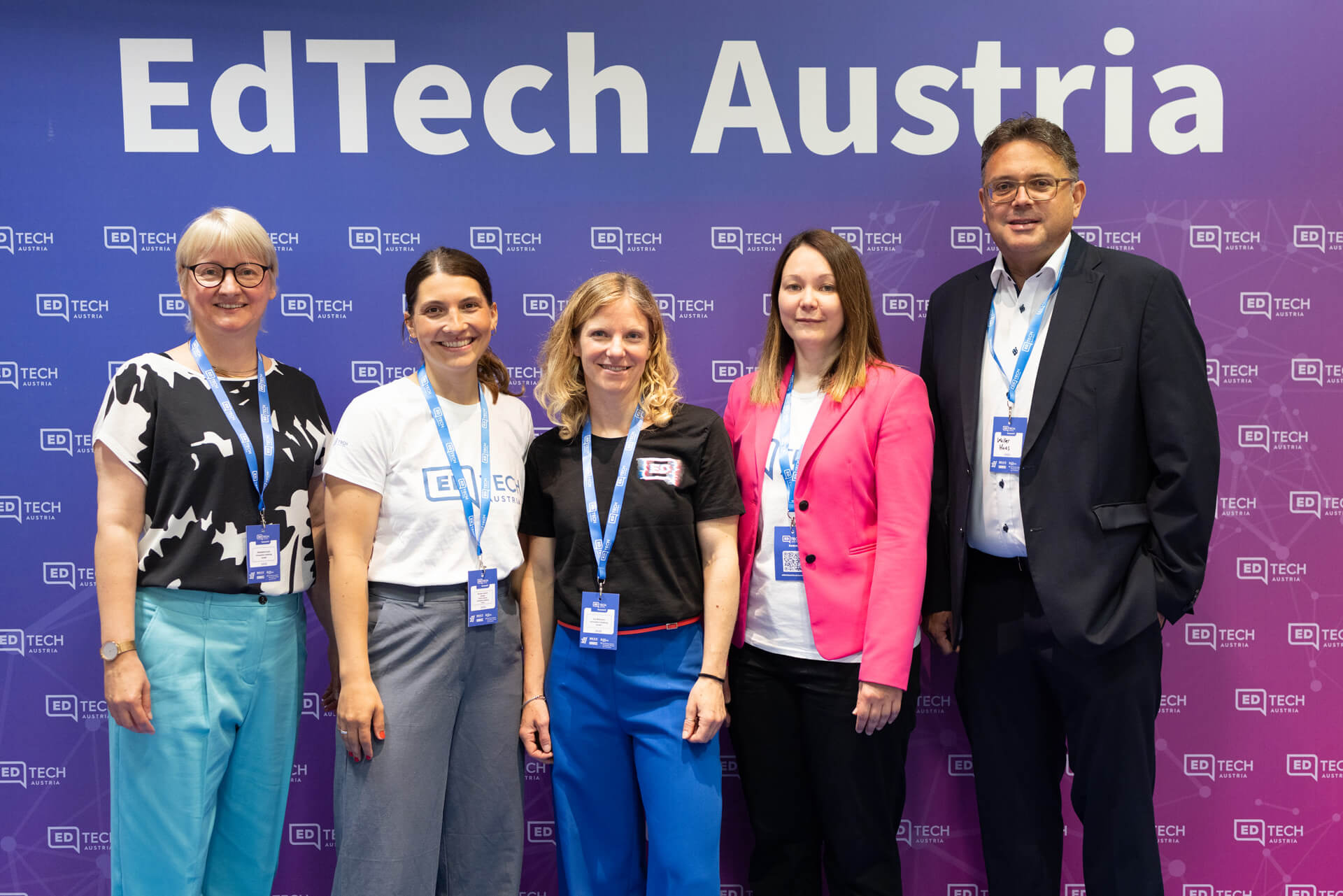
Real-World Practice Meets Innovation: The Fourth EdTech Austria Summit
3. June 2025
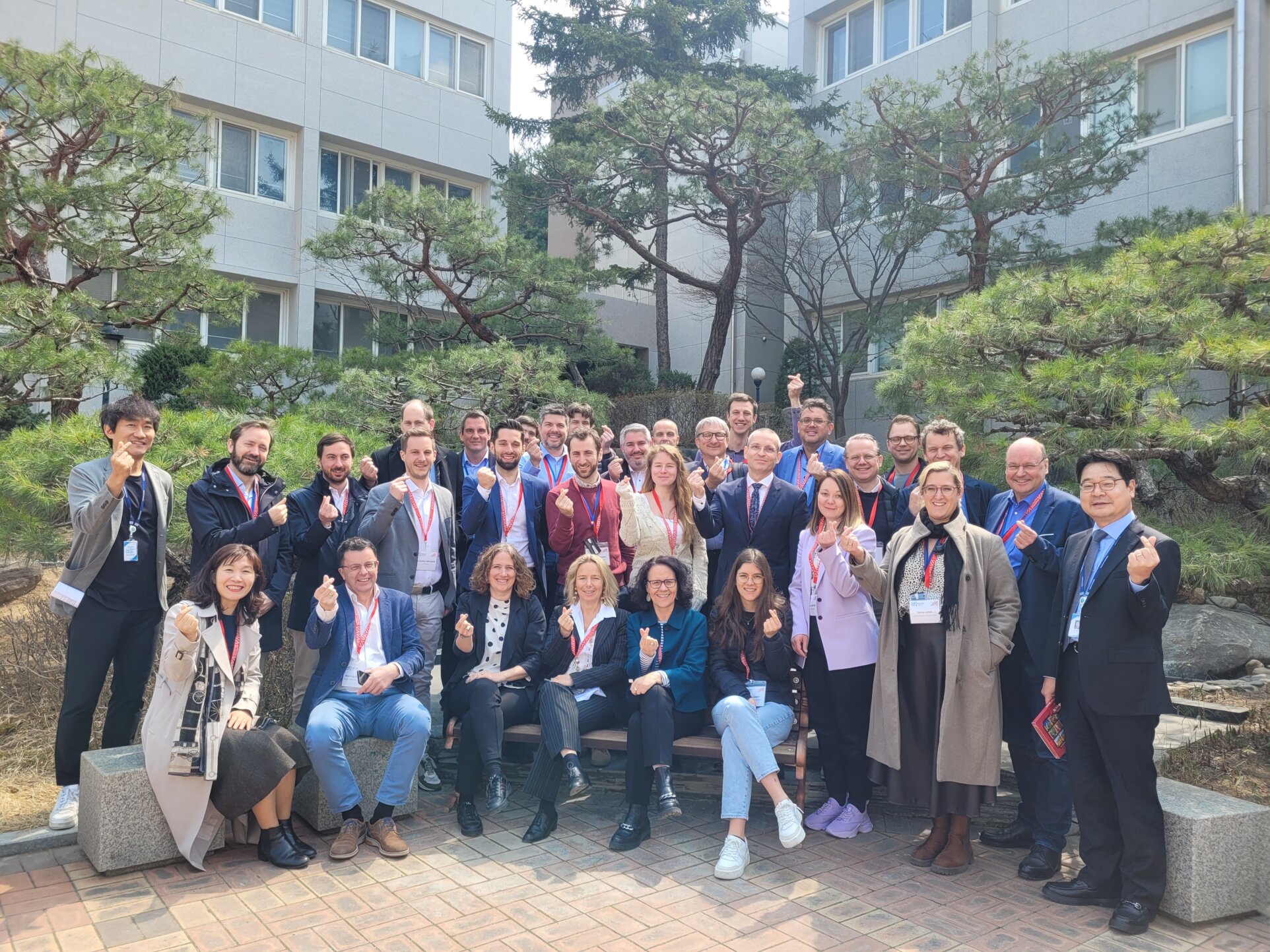
South Korea: How technology, culture and the courage to innovate are shaping education
30. April 2025

Lifelong Learning in Transition: Opportunities and Challenges of AI
17. January 2025
